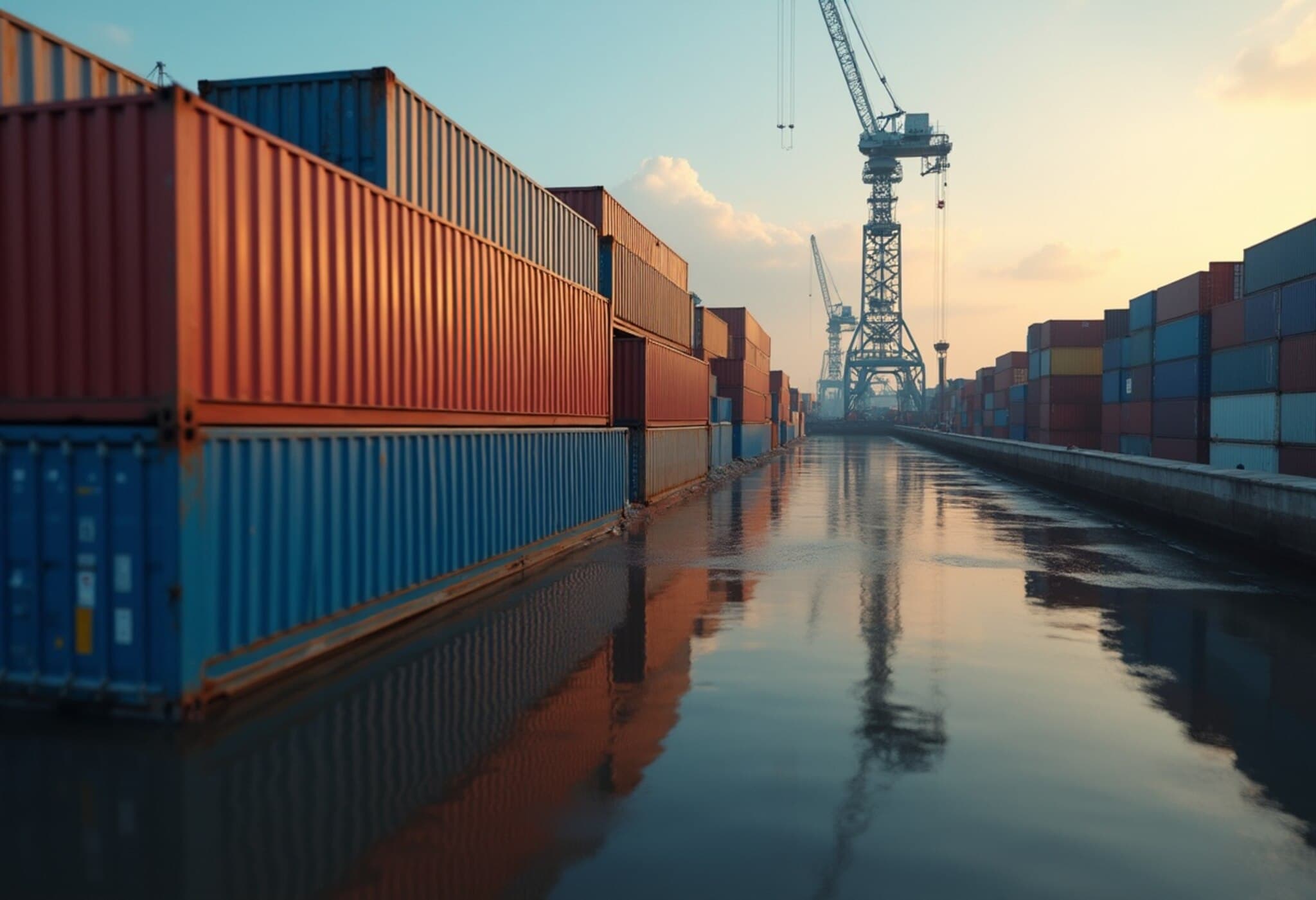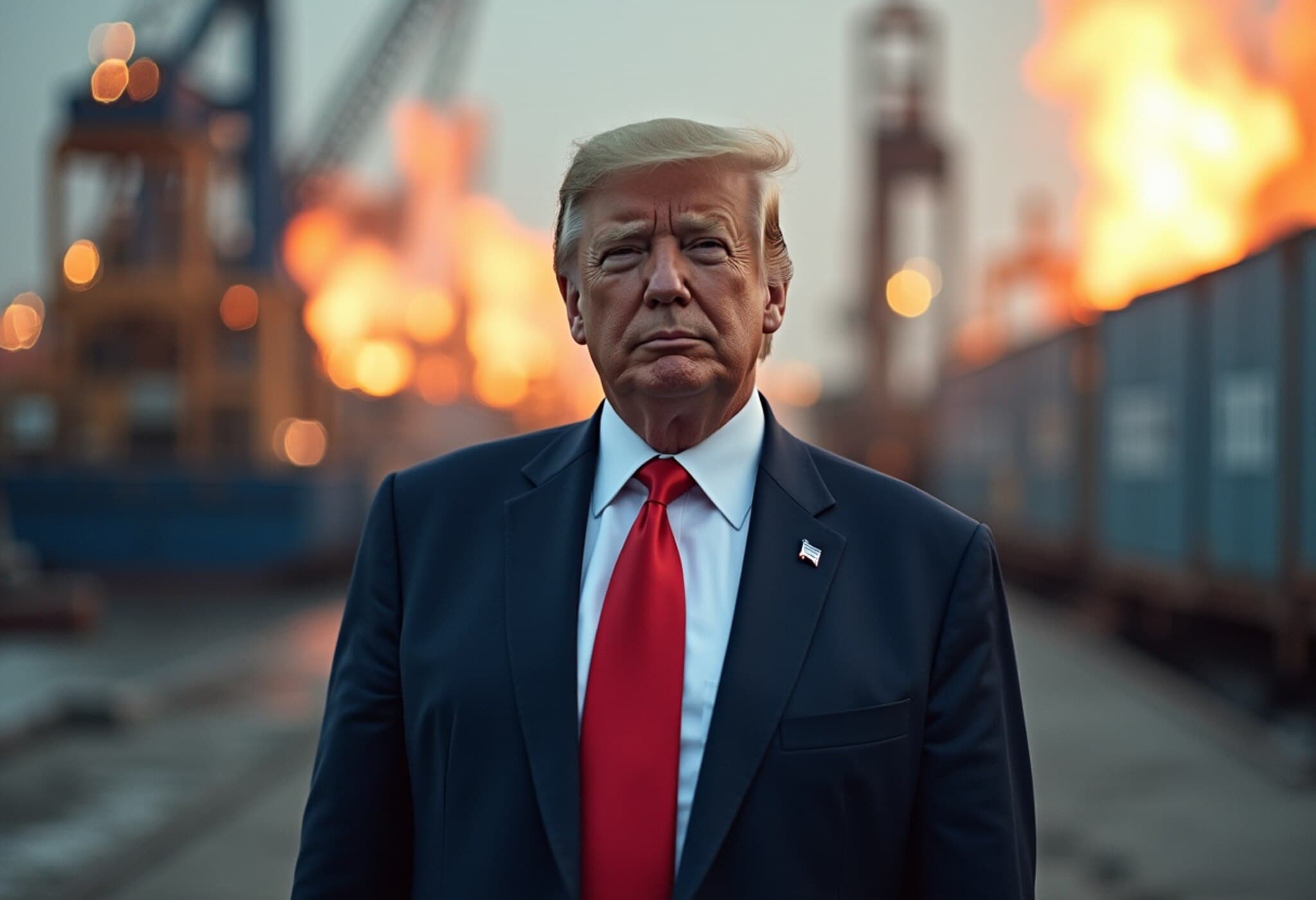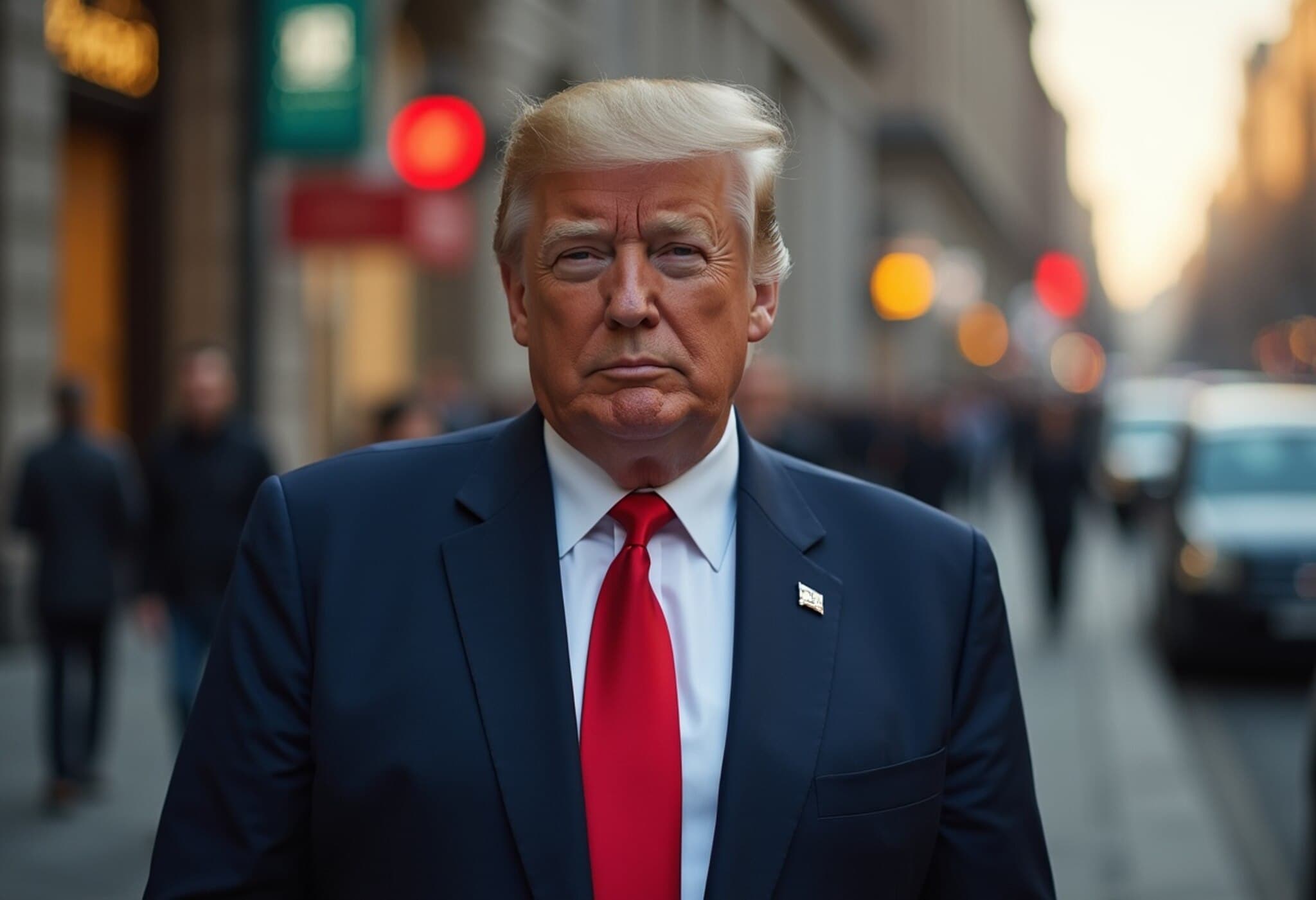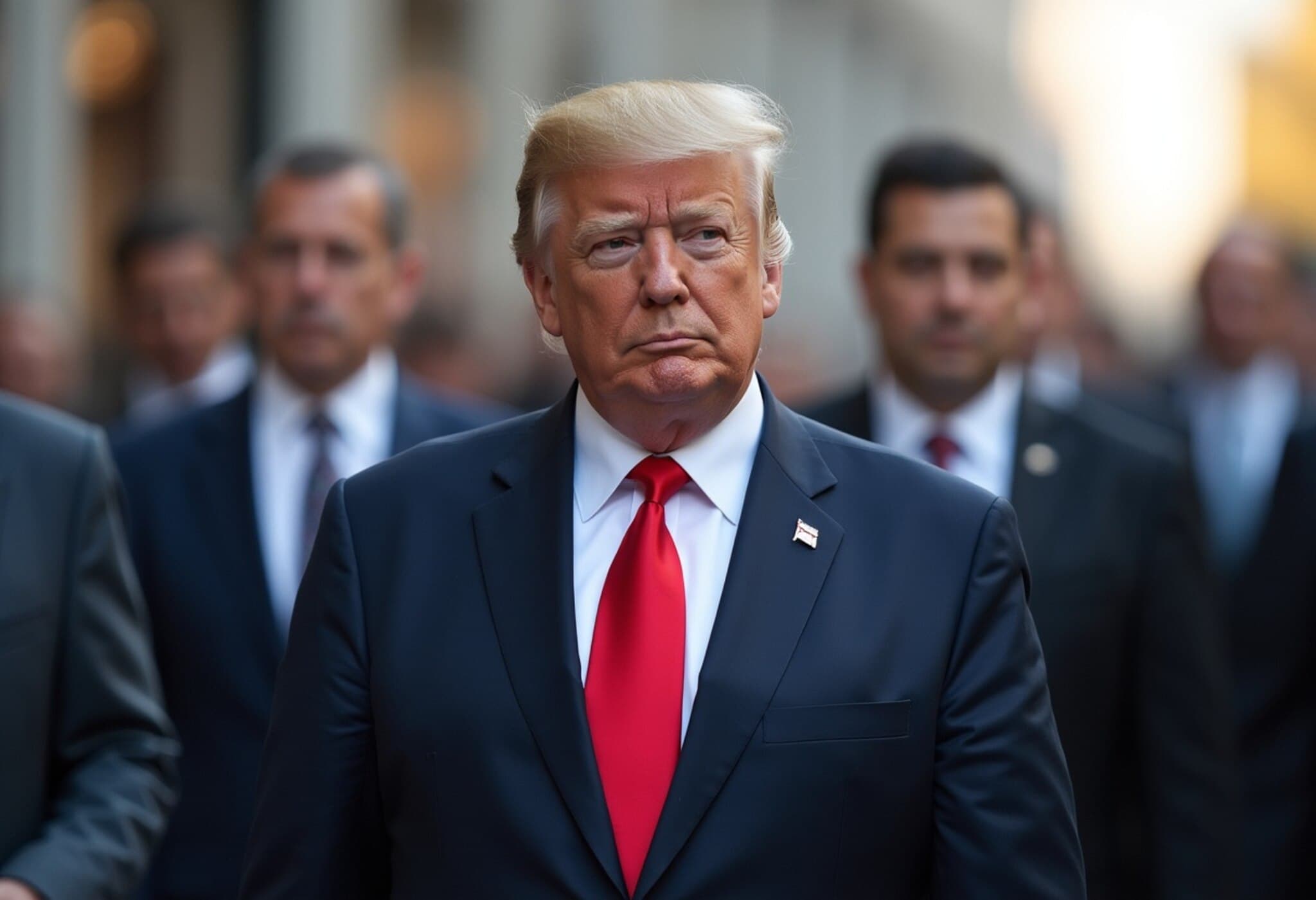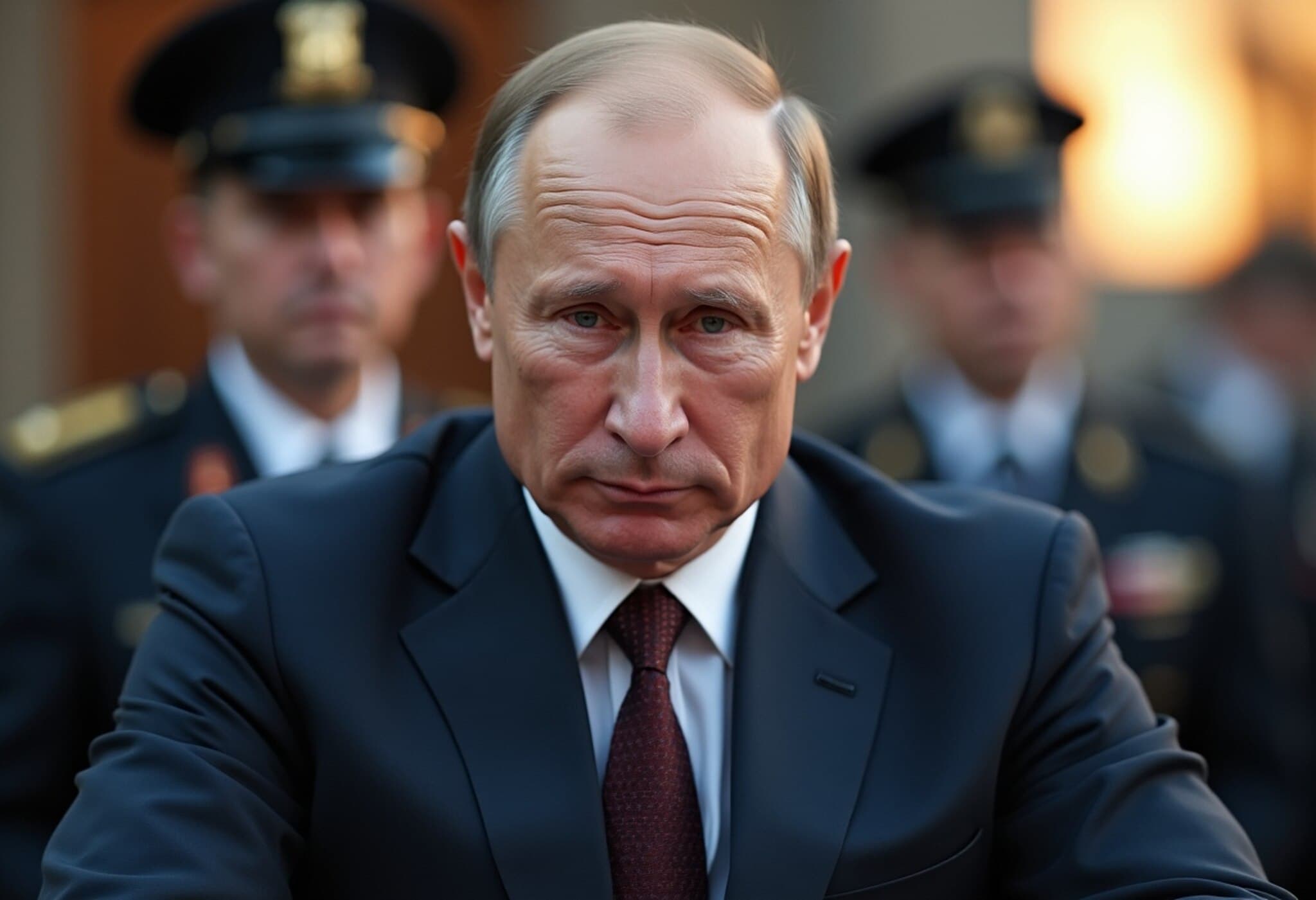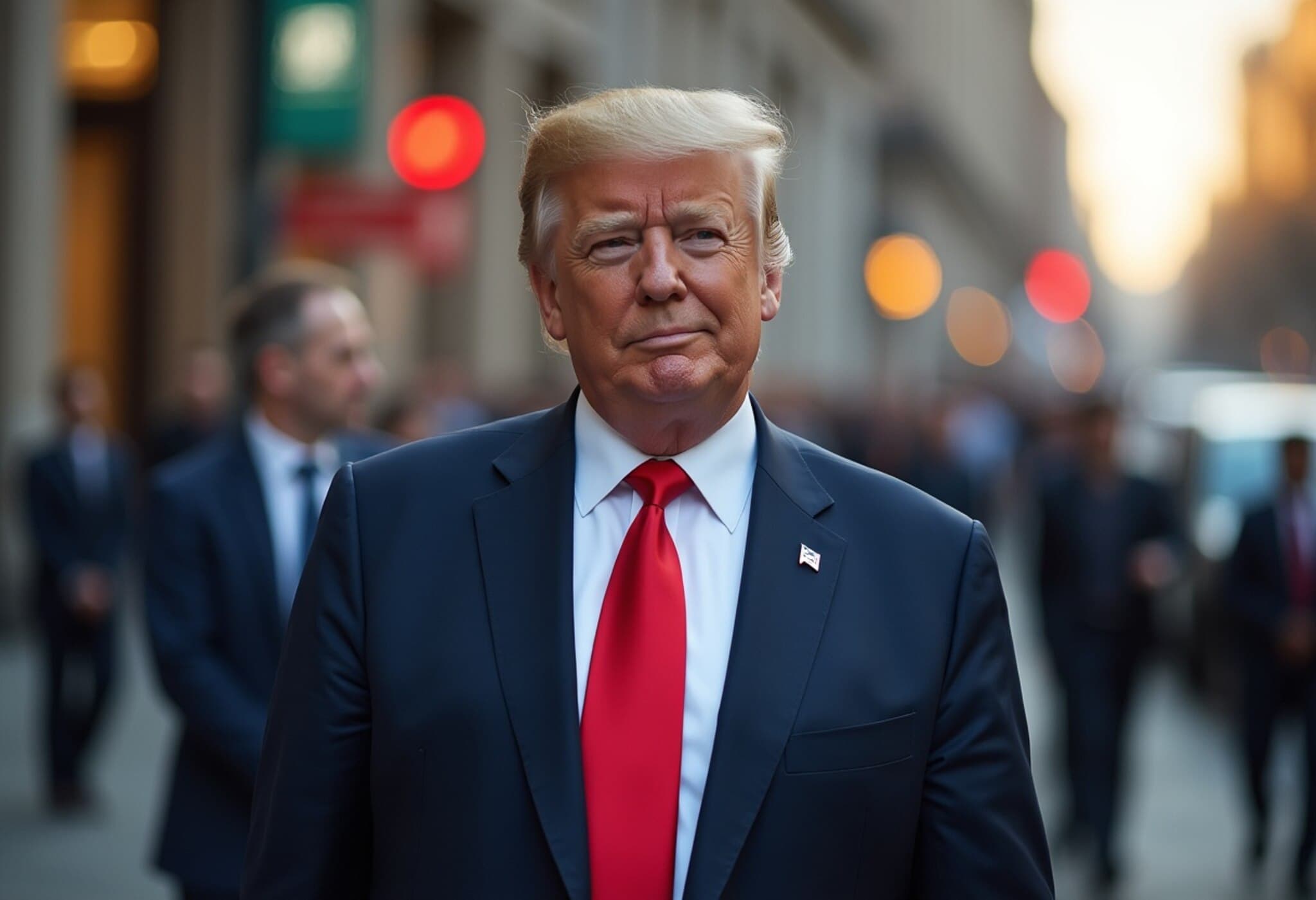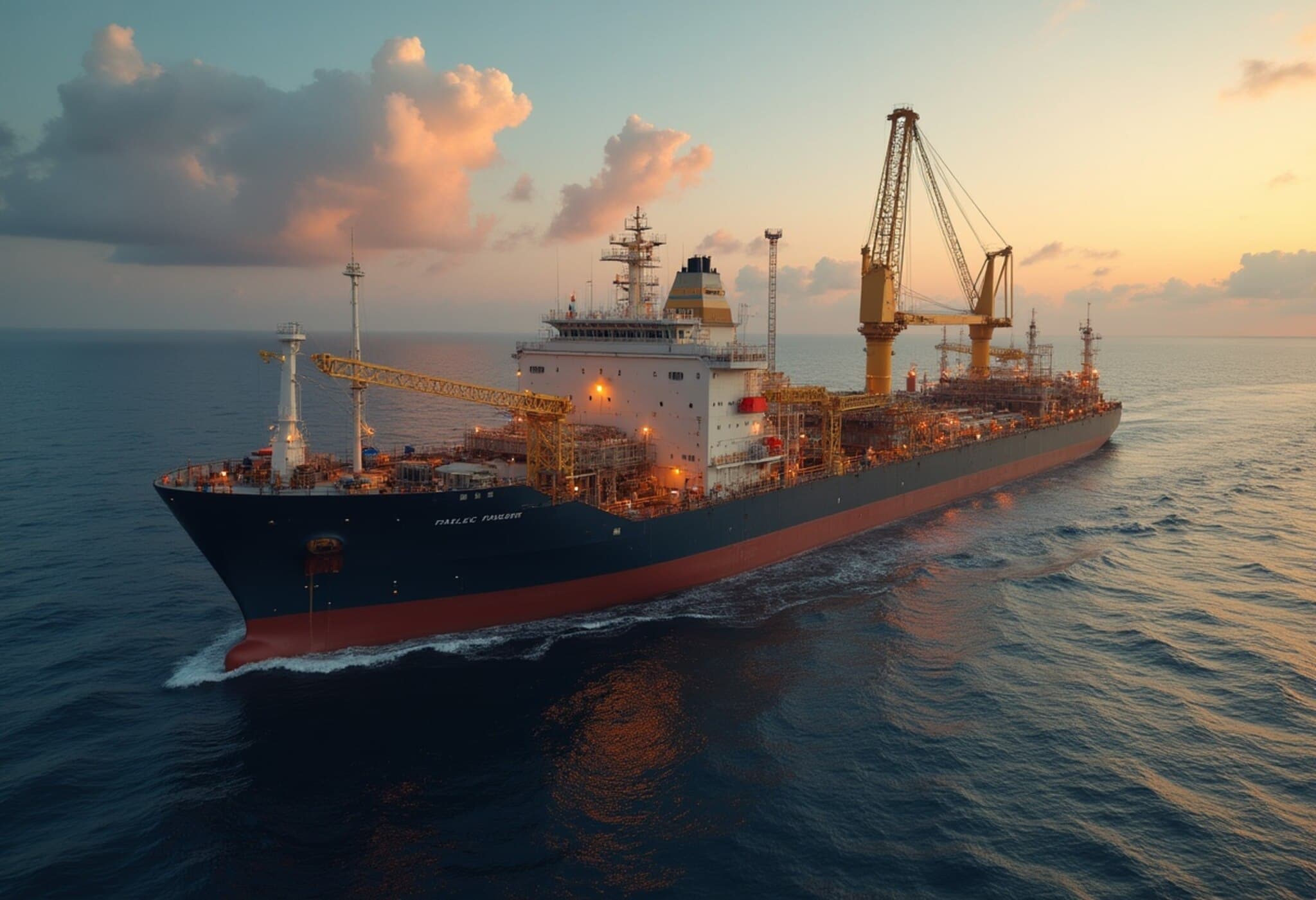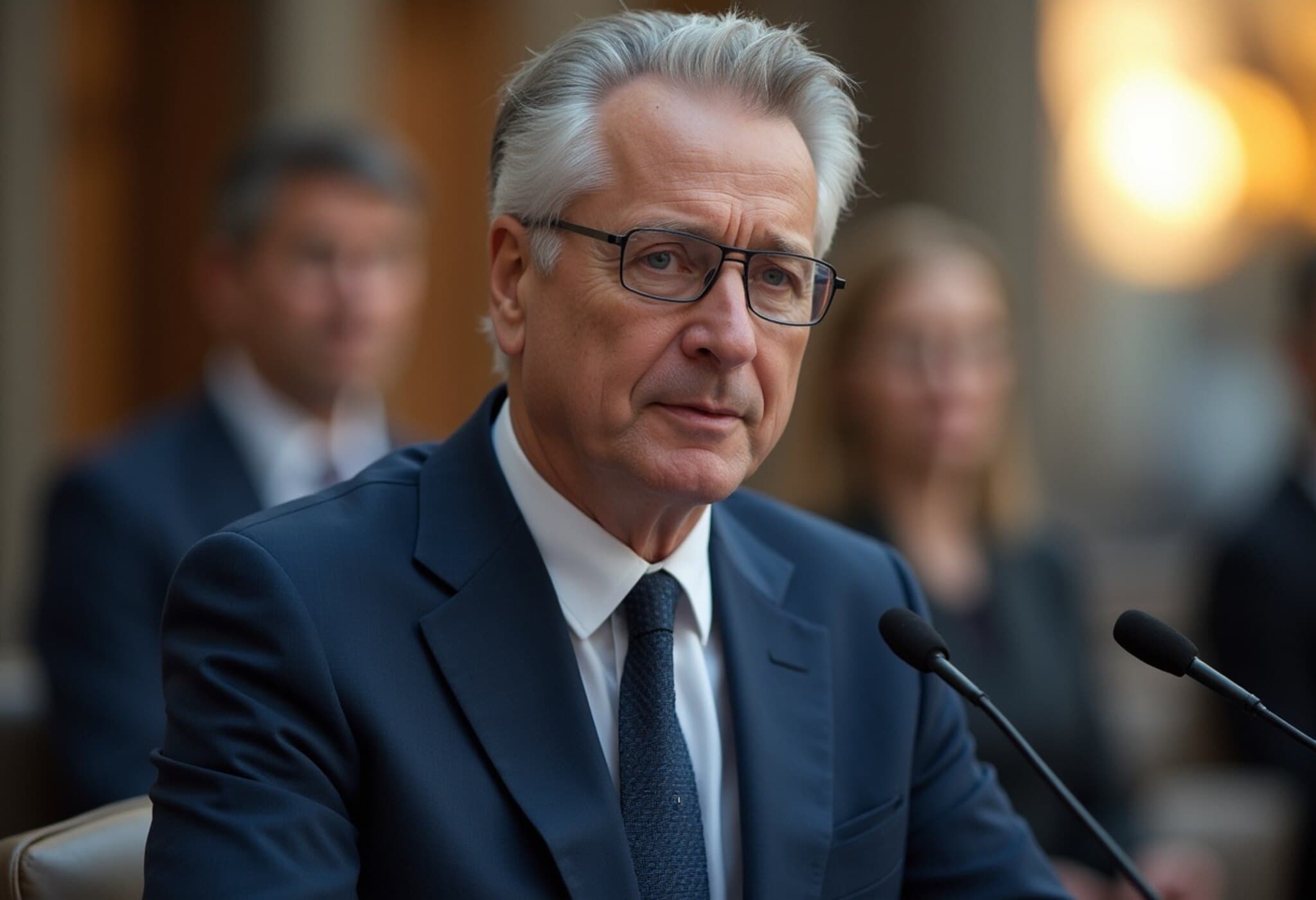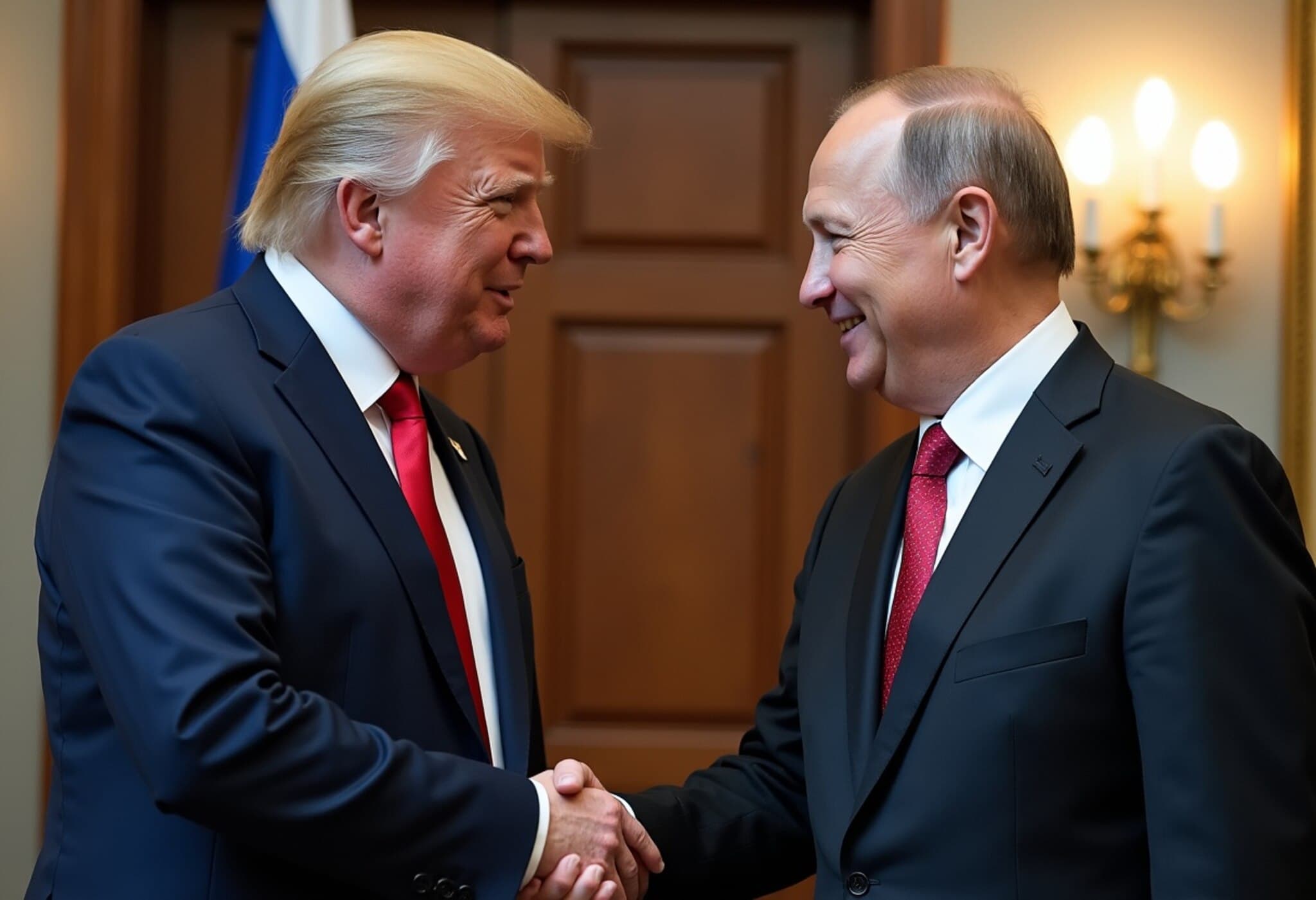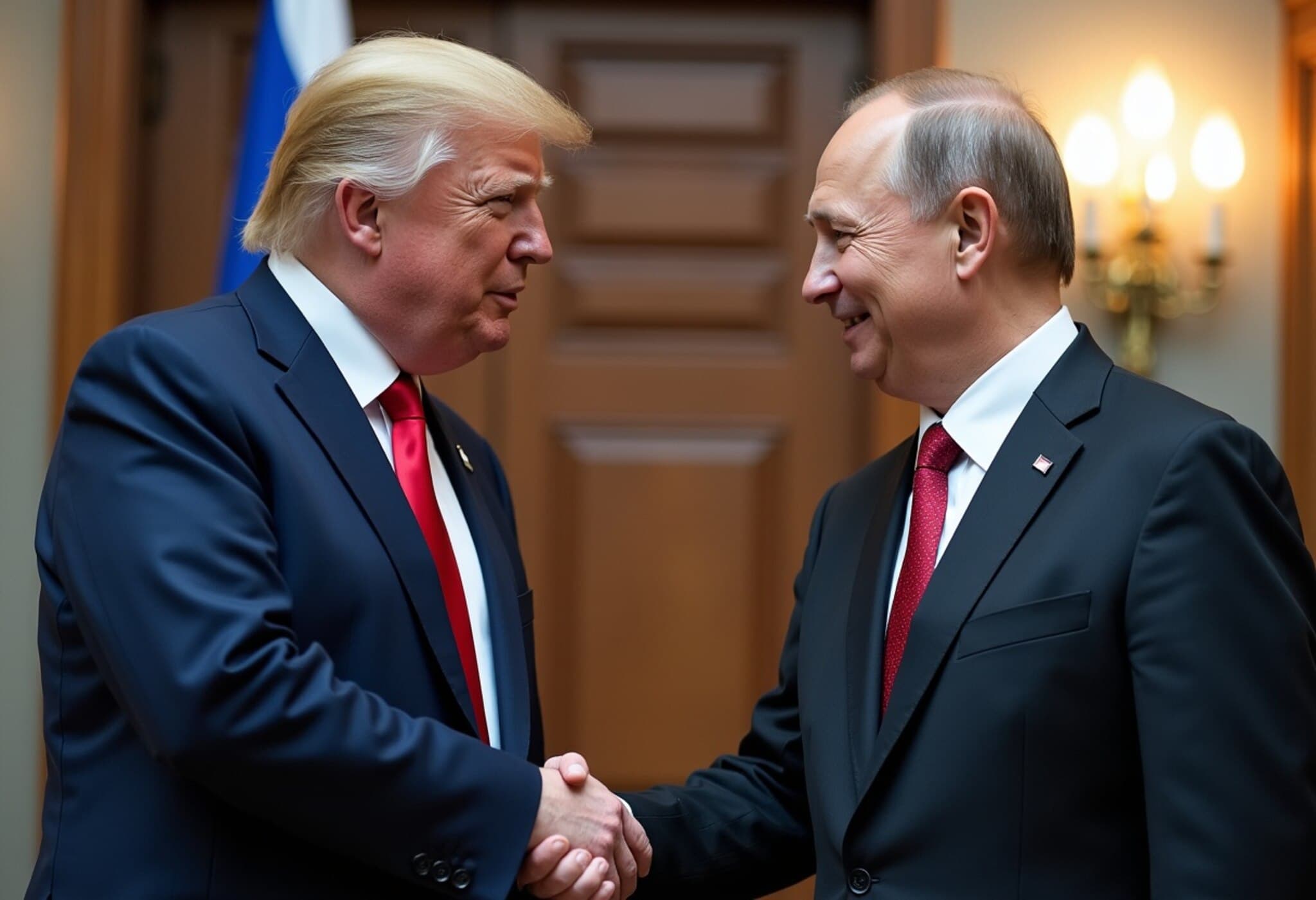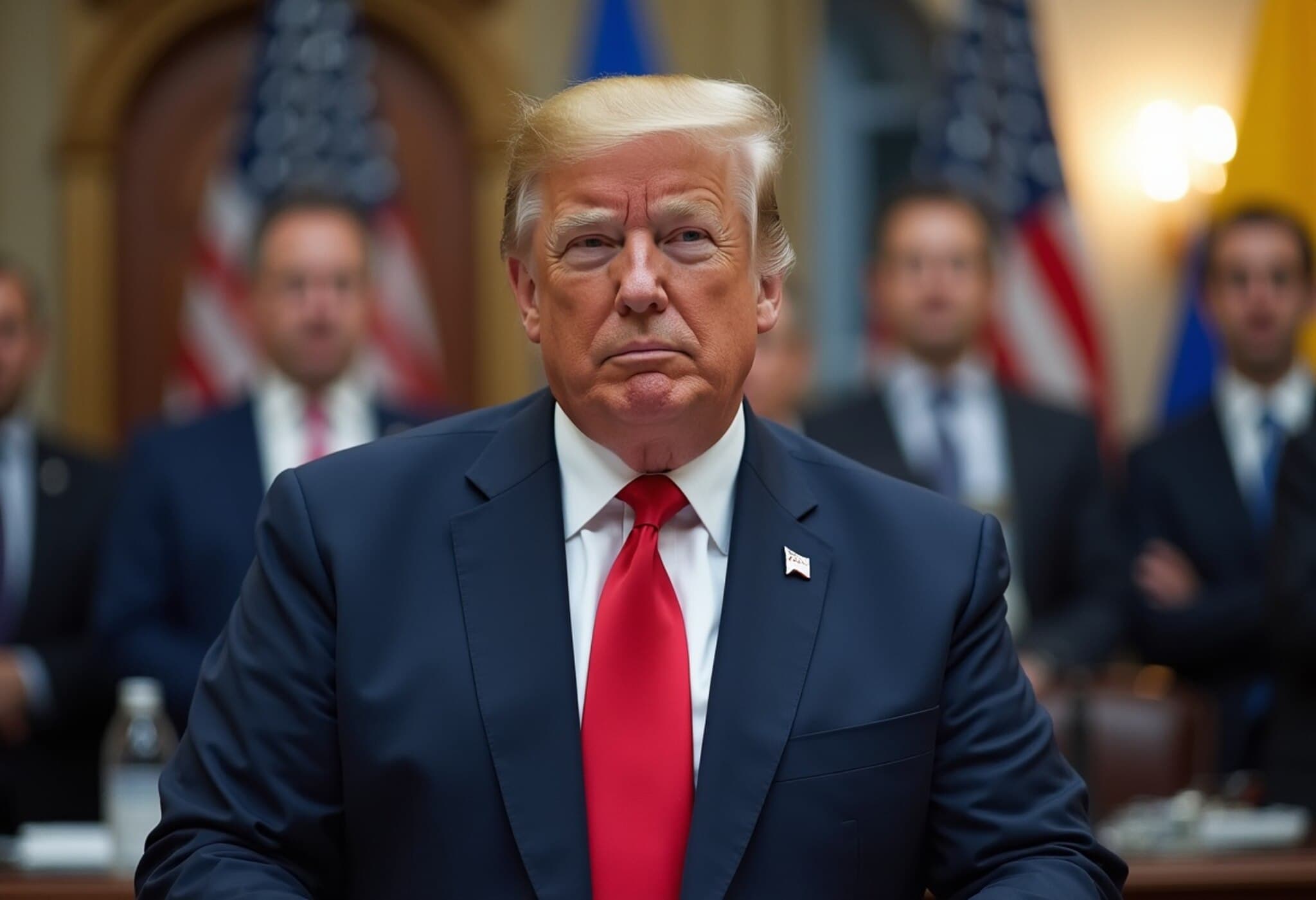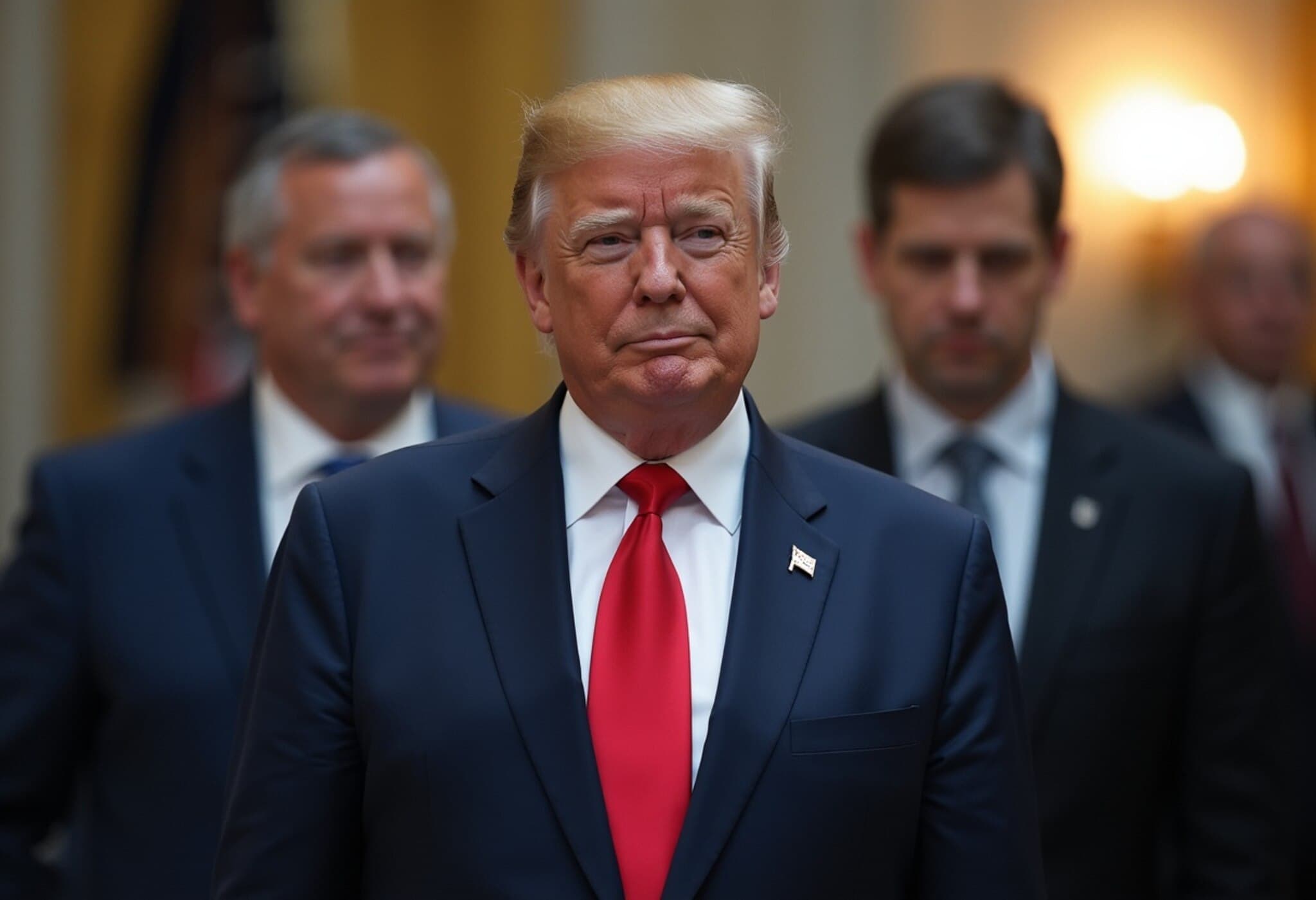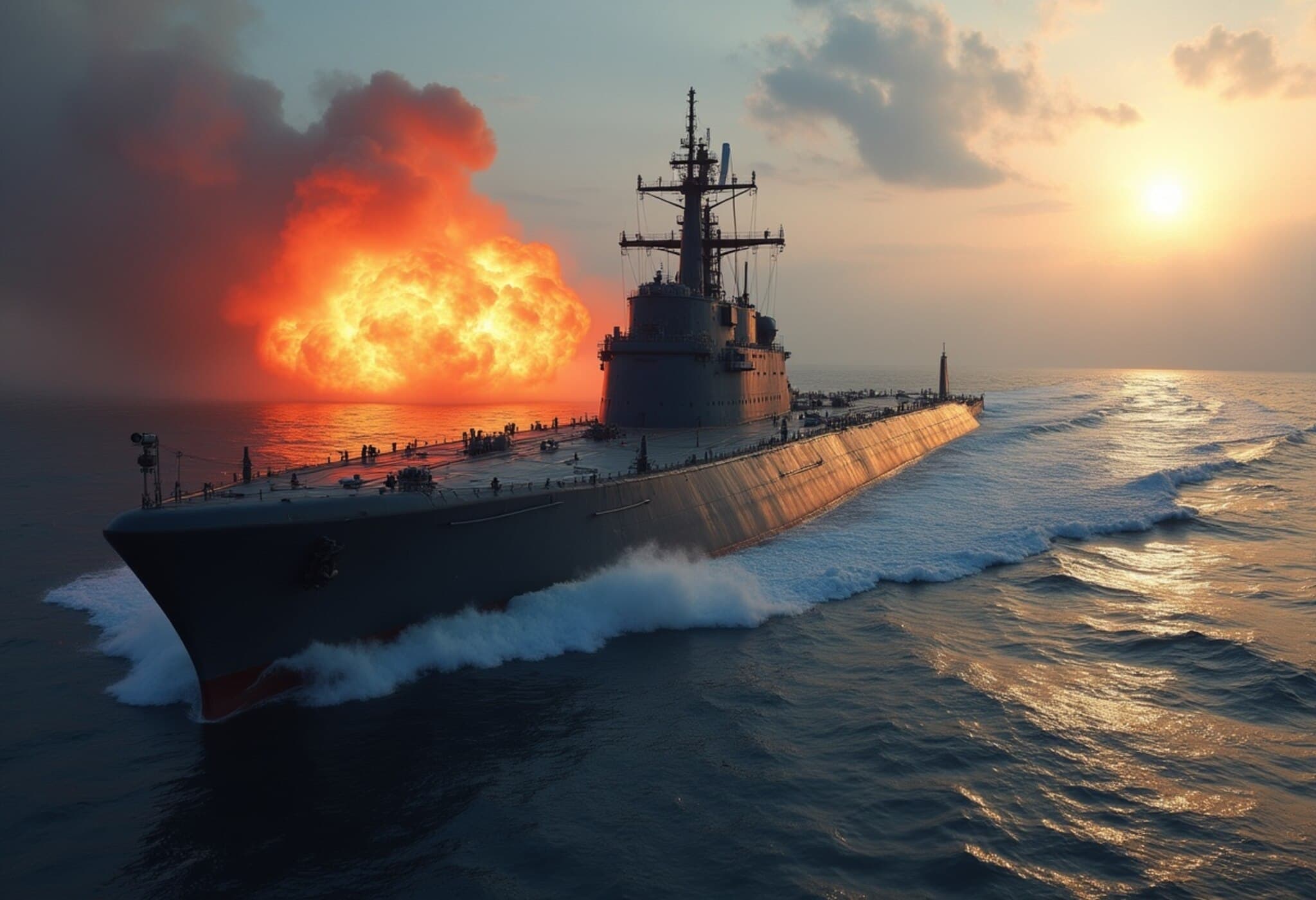Europe's Criticism of India-Russia Trade: A Closer Look
In recent discourse surrounding global trade and geopolitical alliances, Europe has voiced criticism over India’s ongoing commercial engagement with Russia. However, this viewpoint warrants careful reconsideration, especially given the broader context of EU-Russia trade relations and energy dependencies.
EU-Russia Trade Overshadows India-Russia Exchanges
Contrary to some narratives singling out India, the European Union maintains a significantly heftier trade relationship with Russia. Data from last year reveal that EU-Russia trade volumes reached approximately $92.2 billion (€84.6 billion), surpassing the roughly $66–70 billion in trade between India and Russia.
Such figures underline that Europe itself shares deep and multifaceted economic ties with Russia—making its critique of India somewhat misplaced.
Energy Imports: Europe's Dichotomy Between Aid and Payment to Russia
Perhaps more striking is Europe's financial dynamic related to Russian energy. In 2024, EU member states purchased €21.9 billion ($25.4 billion) worth of Russian oil and gas. This expenditure outpaces the €18.7 billion ($21.69 billion) in aid the EU allocated to Ukraine during the same period.
Vaibhav Raghunandan, an analyst at the Centre for Research on Energy and Clean Air (CREA), calls this a paradoxical situation where the EU is simultaneously sending financial backing to the Kremlin and providing assistance to Ukraine. This raises profound questions about the consistency of European policy and messaging.
India is Not Alone: Other Key Buyers of Russian Fossil Fuels
India has been singled out by some political figures, including former US President Donald Trump, accusing it of supporting Russia through energy purchases. Yet, India's position is far from unique:
- Turkey, a NATO ally, leads as the largest buyer of Russian oil products, accounting for 26% of Russia’s exports in this sector.
- The European Union itself imports significant portions of Russian liquefied natural gas (LNG) and pipeline gas, at 51% and 37% respectively.
This indicates a more intricate geopolitical and economic landscape where many countries grapple with balancing energy needs, economic interests, and political principles.
The Complexity of EU-Russia Trade Beyond Energy
While India-Russia trade mainly centers around energy, the EU’s economic ties with Russia span various industries:
- Imports of chemicals, iron, steel, metals, fishery, and agricultural products from Russia.
- Exports to Russia including pharmaceuticals, machinery, transport equipment, and chemicals.
This diversity highlights the entrenched and multifaceted nature of European economic interests with Russia, complicating calls for blanket sanctions or criticism of third countries engaging in trade.
Expert Perspective: Implications for Policy and Global Relations
From a policy analyst’s viewpoint, Europe’s position presents a cautionary tale about the challenges of coherent foreign policy amidst energy dependencies. The high volume of energy purchases from Russia has arguably diluted European leverage and complicated diplomatic efforts to isolate Moscow economically.
Moreover, the criticism aimed at India risks neglecting broader systemic issues, such as Europe’s own energy security strategies and geopolitical commitments.
For the United States and its allies, understanding these nuanced realities is vital—to tailor more effective policies that recognize each partner's strategic constraints and incentivize diversified energy sourcing.
Conclusion: Toward Balanced and Contextual Dialogue
In light of the data and geopolitical realities, Europe’s criticisms of India’s trade with Russia seem selectively focused and overlook Europe’s own substantial economic entanglements with Moscow. This calls for more balanced dialogue recognizing that global trade relationships, especially in energy, cannot be viewed through simplistic or unilateral lenses.
This analysis underscores the urgent need for Europe to evaluate its dual role as both an economic partner and critic of Russia in the ongoing geopolitical conflict. It also raises pivotal questions about the effectiveness and fairness of international sanctions and the real costs of energy dependencies. Readers are invited to consider: How can Europe reconcile its energy needs with its strategic objectives? And what does fair accountability look like on the global stage when several nations share intertwined economic interests with a country at war?

